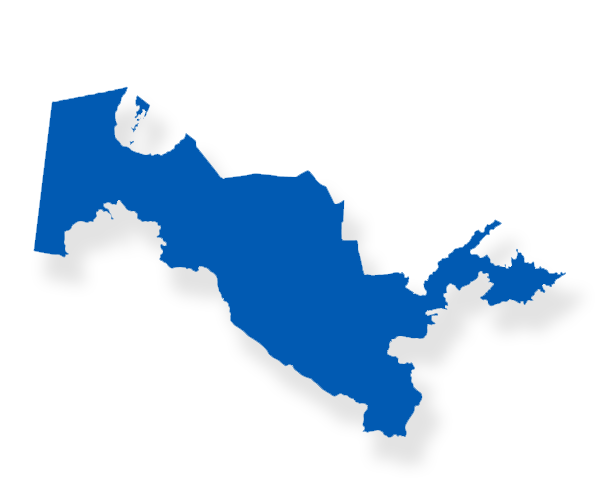Area of
Intervention
PREVENTION PROGRAMMES
Support services to public authorities in the design and development of intervention models for the prevention of drug use in Central Asia, as part of the implementation of EU CADAP 7 phase
This outcome is specifically aimed at improving the formulation and implementation of evidence-based prevention programmes, including a focus on women and vulnerable groups, reduction of stigma associated with drug use disorders and a basic curriculum for drug use prevention in schools.
In this context, awareness-raising and local intervention and action models are seen as an integral part of the successful implementation of policies designed to reach target groups and effectively apply a comprehensive preventive approach, incorporating international standards and EU good practice.
The output is implemented with the support of Polish experts.
EU CADAP – social impact
- Built awareness of substance use as a public health problem
- Increased advocacy for social understanding of problematic drug use
- Sensitized the public at large towards reducing the stigma and discrimination of PWUD
Kazakhstan
The Comprehensive Plan to Combat Drug Abuse and Drug Trafficking in the Republic of Kazakhstan for 2023-2025 was approved by the Government of Kazakhstan on 23 June 2023. In the context of universal prevention, the above-mentioned plan, as well as several experts, point to the need to implement preventive measures in the school environment; schools should be prepared to take relevant steps in the context of universal prevention, as well as in case of identification of students experiencing serious developmental crises and early symptoms of risky behaviour, including the use of psychoactive substances. It is important to emphasise that the term psychoactive substances refer to drugs, including new synthetic drugs, alcohol and medicines used for non-medical purposes.
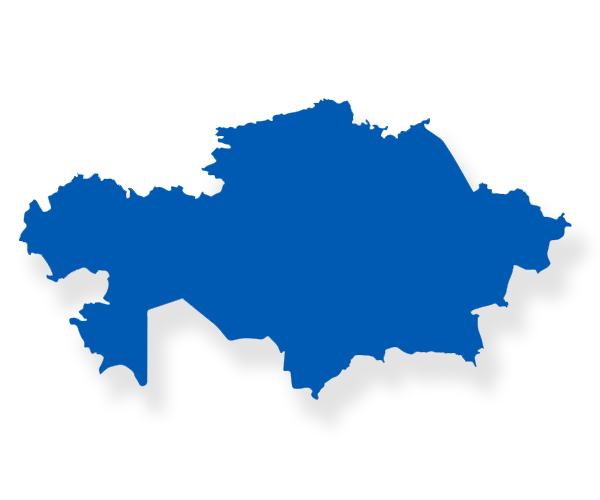
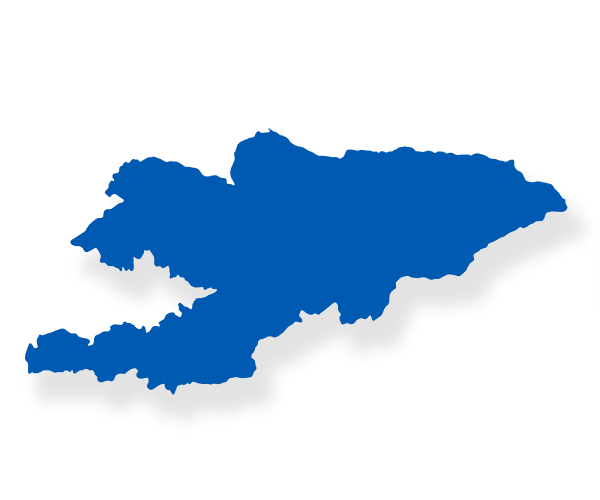
Kyrgyzstan
In order to improve the quality of prevention activities, the Anti-Drug Strategy for 2022-2026 includes a number of actions that are already being developed or will be developed in the coming months of 2024 and beyond. Firstly, in order to better regulate the issue of prevention, to define the objectives, tasks and ways of conducting prevention activities for relevant stakeholders, it is planned to prepare a draft Law “On Drug Prevention” and other regulatory legal acts. It is also planned to develop a draft “Concept of primary drug prevention” and a draft “National standards of drug prevention”. These documents should be approved by the Cabinet of Ministers of the Kyrgyz Republic. The ministries responsible for drafting the above documents are the Ministry of Health, the Ministry of the Interior, the Ministry of Education and Science and the State Committee on Drug Control.
Tajikistan
Substance abuse prevention is seen in the wider context of mental health and healthy lifestyles. Therefore, many activities are carried out to promote healthy lifestyles. In this context, sport remains a tool for healthy lifestyles and is promoted especially among young people. Young people’s involvement in religious practices also remains an important protective factor against drug use. Preventive measures aimed at strengthening the family remain particularly important. Strengthening single-parent families, families in which parents migrate for work, often leaving children without proper care, remains a major challenge.
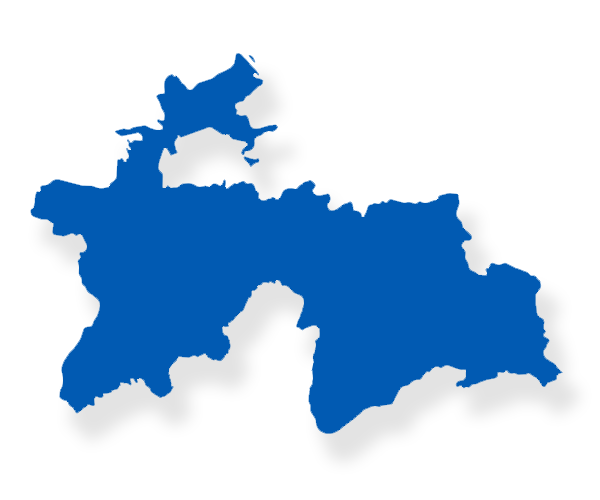
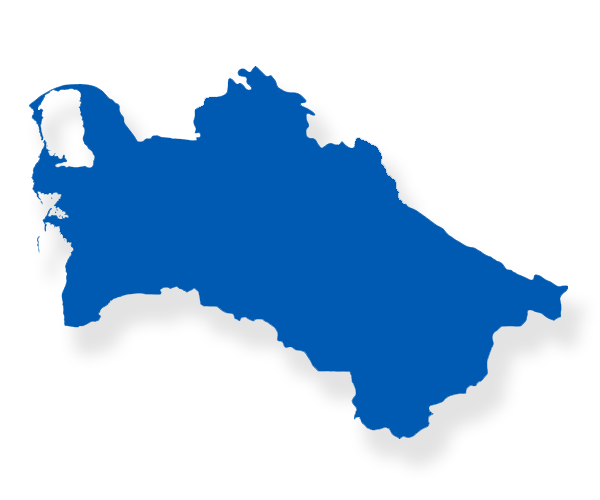
Turkmenistan
There are several health programmes in Turkmenistan that include substance use prevention: (1) National Plan against Drugs for 2016-2020; (2) National Programme for the Prevention of Harmful Effects of Alcohol in Turkmenistan for 2018-2024; (3) National Programme for Turkmenistan to Become a Tobacco-Free Country for 2022-2025. The Health Information Centre within the Ministry of Health and Medical Industry of Turkmenistan has been designated as the focal point for CADAP7.
There is a newly established Department of Drug Control, which is actively involved in CADAP activities. The Department of Treatment is a partner in the current phase of the project and coordinates the work of narcological clinics, narcological centres, the newly opened rehabilitation centre and the training of narcologists by the Turkmen State Medical University named after Myrat Garryev. This institution is involved in partnership in the development of prevention programmes. Research and evaluation of policies and programmes implemented would be a lesson learnt as well as promotion of greater openness in the dissemination of information on measures taken and results achieved in the fight against drugs.
Uzbekistan
Mahalla fulfilling local self-government functions connecting the private sphere with the public sphere is the unique traditional structure controlling social life of neighborhoods.
The prevention structure is mainly based on relevant ministries and government institutions. The leading role in drug demand reduction is played by the Ministry of Health and the National Centre for HIV/AIDS, the Ministry of Public Education and the Ministry of Special and Higher Education. The main executive body in the field of drugs is the National Information and Analytical Centre for Drug Control (NIACDC) under the President of the Republic of Uzbekistan. The NIACDC plays a key role in coordinating drug demand reduction activities – prevention, harm reduction and treatment.
